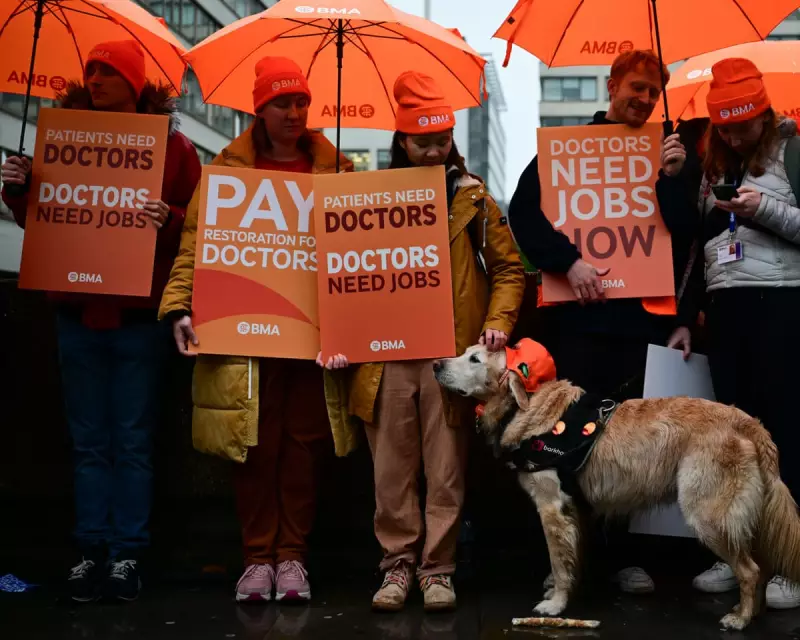
A fierce debate over the ongoing resident doctors' strikes has been ignited, revealing a profound split in opinion within the medical community itself. The core issue revolves around pay, working conditions, and the historical treatment of medical staff within the National Health Service.
A Retired Consultant's Backing for Strike Action
Elizabeth Taylor, a retired consultant anaesthetist with four decades of service in the NHS, has declared her full support for the industrial action. Drawing from her extensive career, she describes feeling "totally underpaid" throughout her time in the health service.
She recalls her years as a junior doctor in the 1970s up until her consultant appointment in 1991 as particularly gruelling. Ms Taylor states she was paid a "pittance" for working excessive and often unsafe hours, frequently reaching 80 to 100 hours per week. She criticises the minimal accommodation and catering provided, and notes that overtime was compensated at a significantly reduced rate.
Her view is stark: "Historically, various governments have failed to recognise our commitment to our patients. We're basically cheap labour." She believes the profession has been taken advantage of for decades and labels this pattern a form of "historical abuse." While a proper pay rise would offer some redress, she emphasises that it was goodwill and a true vocation that sustained her and her colleagues through those demanding times.
Reflecting on her career, she reveals that her final pre-tax salary as a senior consultant was just over £101,000, a figure she describes as "a bit pathetic." Having done little private practice, she affirms her primary aim was always to improve her patients' lives.
A Serving Doctor's Dissenting Voice
In direct contrast, Dr Natasha de Vere, a paediatric NHS consultant from Wakefield, presents an opposing viewpoint. She states that she is not a member of the British Medical Association (BMA) and would not consider striking.
Dr de Vere expresses satisfaction with her career, describing it as an "extremely well-paid job" that offers a good work-life balance. She conveys immense gratitude for the work she is able to do. However, she voices a frustration that despite many doctors resigning from the BMA, no alternative representative voice seems to gain traction or be heard in the public discourse.
The Unresolved Conflict and Its Implications
This public airing of conflicting opinions from within the medical profession highlights the deep and complex divisions surrounding the strikes. It underscores the tension between those who feel a historic injustice must be corrected and those who are content with their current terms.
The fact that a retired consultant labels years of service as "cheap labour" while a serving consultant feels "immensely grateful" points to a significant lack of consensus. This internal debate complicates the path to a resolution for the NHS, the government, and the doctors themselves, suggesting the dispute is about more than just current pay, but also about legacy, recognition, and the very value placed on medical vocations.






